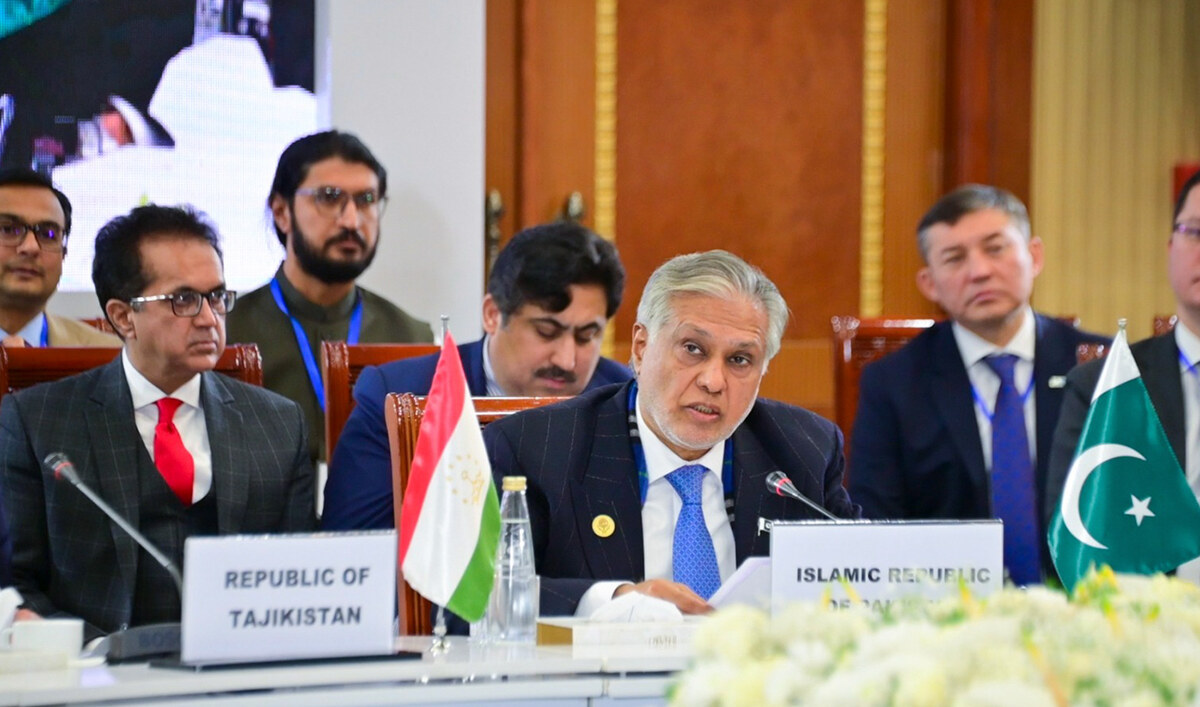ISLAMABAD: The United States (US) was not supposed to dictate “exact specifics” to Pakistan for holding national elections, the State Department said on Thursday, amid allegations of pre-poll rigging and government excesses by former prime minister Imran Khan’s party ahead of national elections on Feb. 8.
Khan, a 71-year-old former cricket star, has been embroiled in a tangle of political and legal battles since he was ousted as prime minister in April 2022. He has not been seen in public since he was jailed for three years in August for unlawfully selling state gifts while in office from 2018 to 2022.
The ex-premier has been disqualified from contesting the national elections because of the corruption conviction, but he nevertheless filed nominations for elections which were rejected. Khan, widely seen as the country’s most popular leader, says he is being targeted by the powerful military, which wants to keep him out of the polls. The military denies this.
Meanwhile, Pakistan’s election commission has accepted former prime minister Nawaz Sharif’s nomination from two constituencies for the elections, weeks after a court overturned his two graft convictions.
Khan’s Pakistan Tehreek-e-Insaf (PTI) party sees the recent judgments granting relief to Sharif, his arch-rival, as favors given to his Pakistan Muslim League-Nawaz (PML-N) party, which seems poised to take over the reins of the country once again.
“We want to see free and fair elections that are conducted in accordance with Pakistan’s laws,” State Department spokesman Matthew Miller said at a press briefing in Washington on Thursday, when asked about the alleged government excesses against Khan and his party ahead of the polls.
“It’s not for the United States to dictate to Pakistan how it conducts – the exact specifics of how it conducts its election, but to make clear that we want to see those elections conducted in a free, fair, and peaceful manner that includes freedom of expression, peaceful assembly and association, and ultimately a full, open, reliable, vibrant democratic process.”
Declining to comment on the specific allegations, the State Department spokesman said the US had always made it clear that it was for the Pakistani people to choose their government.
“We will continue to support democratic expression and a vibrant democracy in Pakistan,” Miller said at the briefing.
“Our interest, as you’ve heard me say before, is in the democratic process. We want to see free and fair elections which are conducted in accordance with Pakistan’s laws, and we don’t support one candidate or party over another in Pakistan or anywhere else in the world.”
Pakistan has witnessed a political turmoil since the ouster of Khan in a parliamentary no-confidence vote, which also took an economic toll on the South Asian country. Islamabad secured a last-gasp $3 billion financing in June 2023 from the International Monetary Fund (IMF) that saved the country from a sovereign debt default.
After much delay, the South Asian country is finally headed to national election in February that analysts say would bring some stability and put Pakistan back on path to the much-needed economic recovery.
Not for US to dictate Pakistan ‘exact specifics’ for elections — State Department
https://arab.news/pcw9k
Not for US to dictate Pakistan ‘exact specifics’ for elections — State Department

- The State Department spokesman says Washington will continue to support democratic expression, a ‘vibrant’ democracy in Pakistan
- The statement comes in response to allegations of pre-poll rigging, government excesses against candidates by ex-PM Khan’s party






















